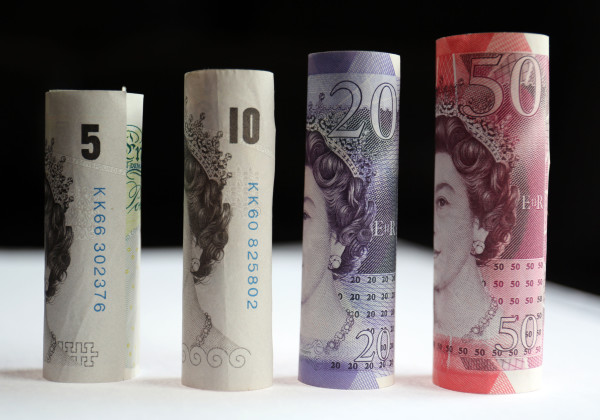

UK inflation remained at 2.3 per cent in March as the month saw a more subdued rise in transport costs due to the Easter holidays.
March's figure - now measured by the consumer prices index including housing costs (CPIH) - ended a series of month-on-month rises stretching back to October 2016, when inflation was a full 1 percentage point lower.
The 2.3 per cent level matched consensus expectations, and resulted from transport cost price growth falling to 0.54 percentage points from 0.8 a month earlier - offsetting increases in housing and food inflation.
Economists noted the tempered increase in transport costs was merely due to the timing of Easter, rather than an actual slowing down of price rises. March 2016's figure encompassed the rise in flight costs associated with the holiday, but a later Easter in 2017 means the seasonal price rises will be included in April's figures instead.
Capital Economics UK economist Ruth Gregory described the figure as a "temporary pause in an upward trend" and said a flat number was a "statistical quirk".
Aside from transport, the Office for National Statistics (ONS) said there was month-on-month inflation in almost all categories. Prices increased year-on-year in all sub-categories, the first time all goods and services witnessed inflation since June 2014.
However, core inflation - which removes more volatile items - was 1.8 per cent, lower than the 2 per cent seen in February.
"The largest upward effect in March came from housing and household services, largely from rises in owner occupiers’ housing costs," the ONS said.
Ms Gregory predicted airfares would add at least 0.2 percentage points to the next set of inflation figures with electricity prices also rising.
However, she said: "But we don’t think that that will panic the MPC [Monetary Policy Committee] into raising rates imminently."
The ONS changed its primary measure of inflation from CPI to CPIH when it published February's data. The old CPI measure also remained at 2.3 per cent in the latest set of figures.



